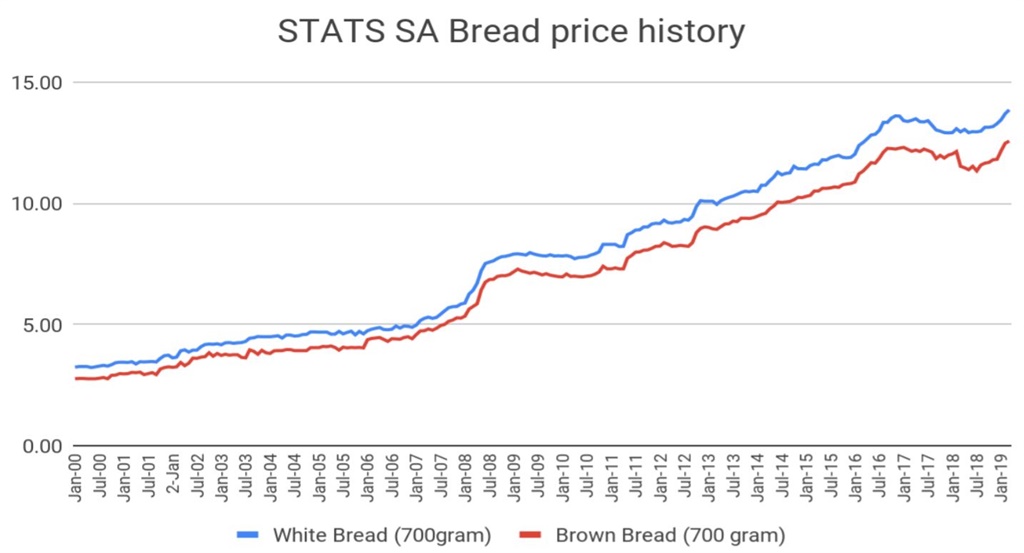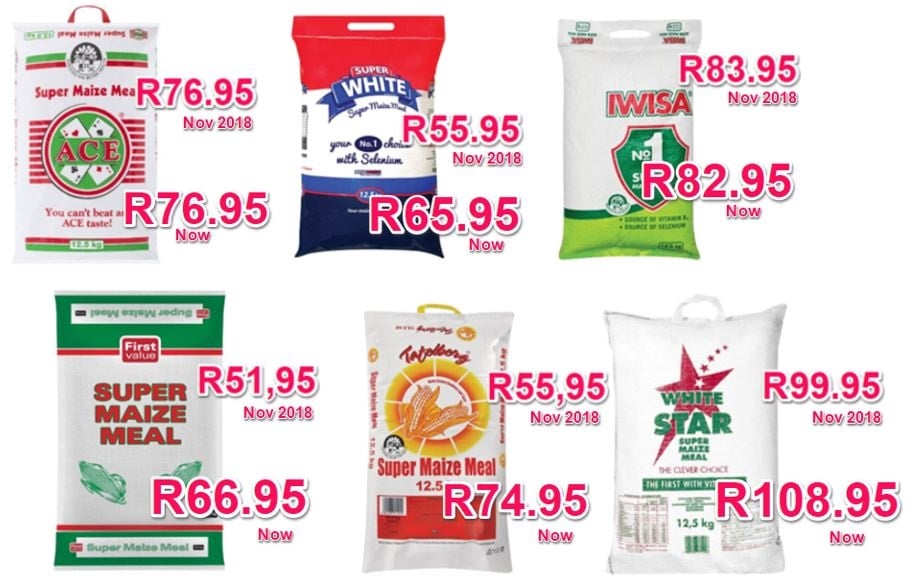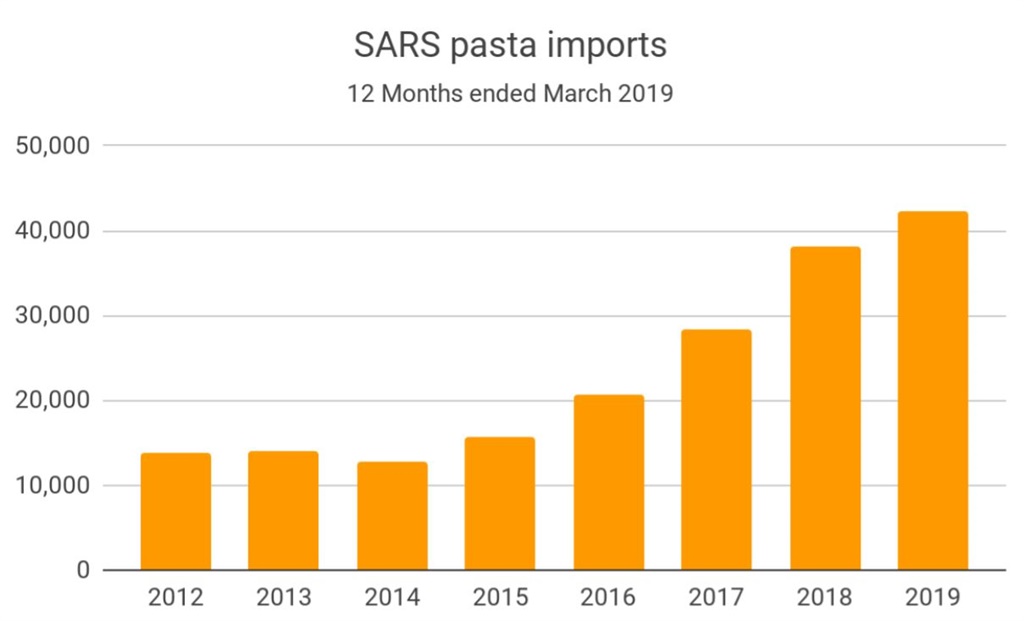After a long fall, bread is quickly getting pricier – while pap prices are all over the show
In recent months, carb lovers in South Africa have seen some big price movements in the country’s most popular starches.
Bread in particular has seen price hikes after a long stretch of deflation, says Pioneer Foods, which reported its half-year results on Monday. Pioneer bread brand Sasko represents 28% of the bread market.

Since 2016, bread prices have been sinking due to a surplus of bread-making capacity, with a lot more competition from smaller players. Bread prices also came under pressure after consumers switched back from bread to pap, which saw large price hikes during the drought in SA’s northern provinces. When the drought came to an end, pap prices stabilised and demand for bread subsided.
But in the past six months to end-March, bread prices increased by 5.2%, according to data from the research group Nielsen. Rice prices rose by 2%.
By comparison, maize product prices fell 4% in the past six months.

According to our survey of 12.5kg bags of maize meal at Makro, major brand Ace has kept its price unchanged since November, while Iwisa lowered its price by more than 1%. Some of the small brands, including Tafelberg Super Maize Meal has hiked prices by more than a third.
Pioneer reported "softer demand" for White Star, which is by far the most expensive, with volumes of the product growing by only 0.9%. The company says it is focusing on uncompromised quality, and "playing the long game" with White Star, which has a 31% share of the market.
“The year-on-year regression in the performance of the maize category, off the strong comparative period base, was more than expected given sustained selling price deflation despite raw material cost inflation, and a weaker milling performance,” say Pioneer Foods
Pioneer says that pasta prices are under pressure given "competitively priced" imports.

Pioneer Foods posted revenue growth of 11.5% to R11.039 billion, with its adjusted operating profit down 23% to R1.7 billion due to higher costs and the losses at its newly-acquired Wellington's brands.
News Category
- International retailers
- On the move
- Awards and achievements
- Legislation
- Wine and liquor
- Africa
- Going green
- Supplier news
- Research tools
- Retailer trading results
- Supply chain
- Innovation and technology
- Economic factors
- Crime and security
- Store Openings
- Marketing and Promotions
- Social Responsibility
- Brand Press Office
Related Articles

Empowering South African households through gro...

SPAR shares practical tips to beat food inflation

South African motorists could be paying up to R...

Big VAT changes on the cards


